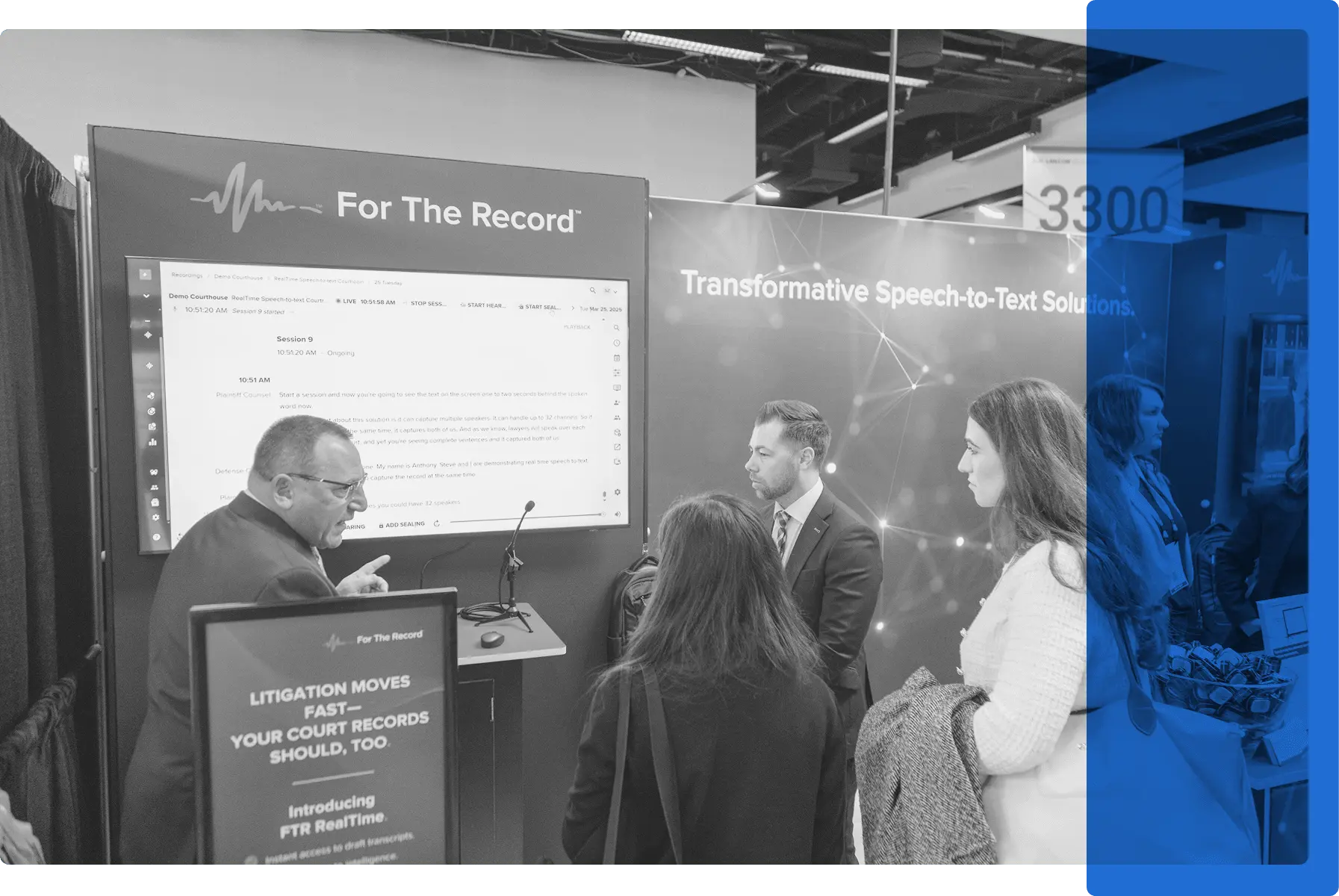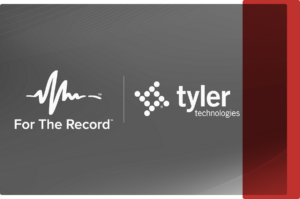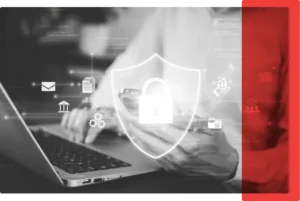
10 Apr
2025
Legalweek 2025: The Trends Shaping the Future of Legal Technology
Another Legalweek is in the books—and if there was one message loud and clear from this year’s conference in New York, it’s this: the legal industry is at a turning point.
Thousands of legal professionals gathered to explore how technology, regulation, and client expectations are reshaping the practice of law. Conversations went far beyond buzzwords, drilling into practical strategies for firms, courts, and legal teams navigating rapid change.
Here’s what stood out:
AI Didn’t Just Arrive—It Just Got Louder
Artificial intelligence dominated the conference, but not in a speculative way. While other forms of AI have quietly supported the legal industry for years—from legal research and risk assessment tools to court scheduling systems and eDiscovery platforms—generative AI is now rapidly making its way into legal workflows, powering everything from document review and contract analysis to client communications and drafting documents.
Of course, this rapid adoption comes with new challenges. Many sessions tackled questions around responsible AI use—especially when it comes to data privacy, transparency, and ethics. One standout discussion explored how firms are building “innovation labs” to experiment with AI in a controlled, collaborative environment before rolling it out more broadly.
Cybersecurity Concerns Growing and Evolving
As legal teams embrace new tools and remote collaboration, cybersecurity threats are evolving just as fast. One keynote highlighted how generative AI isn’t just helping legal teams, it’s also giving cybercriminals new tools for voice cloning, phishing, and fraud.
The takeaway? Modern security strategies need to anticipate these risks and implement a range of measures to mitigate them—especially in industries like legal and justice where sensitive data is everywhere.
What It Means for Courts and Justice
While much of Legalweek focuses on law firms and corporate counsel, the trends apply just as much to courts and justice systems.
Courts will need to navigate:
- Ethical use of AI in evidence and court record review, transcription, and summarization
- Secure storage, handling, and distribution of sensitive recordings and court records
- Smarter workflows to manage growing case backlogs
- Transparent technology that builds trust with the public
- Verification processes built into new technology
- Access to justice underpinning technology and processes
At For The Record, these conversations reinforce what we’ve known for years—the future of legal technology isn’t just about tools. It’s about trust, transparency, and human-centered design that serves everyone in the justice system.
As AI moves from background infrastructure to front-page news, courts have a clear opportunity: partner with justice technology providers who understand these challenges—and solve them every day.



